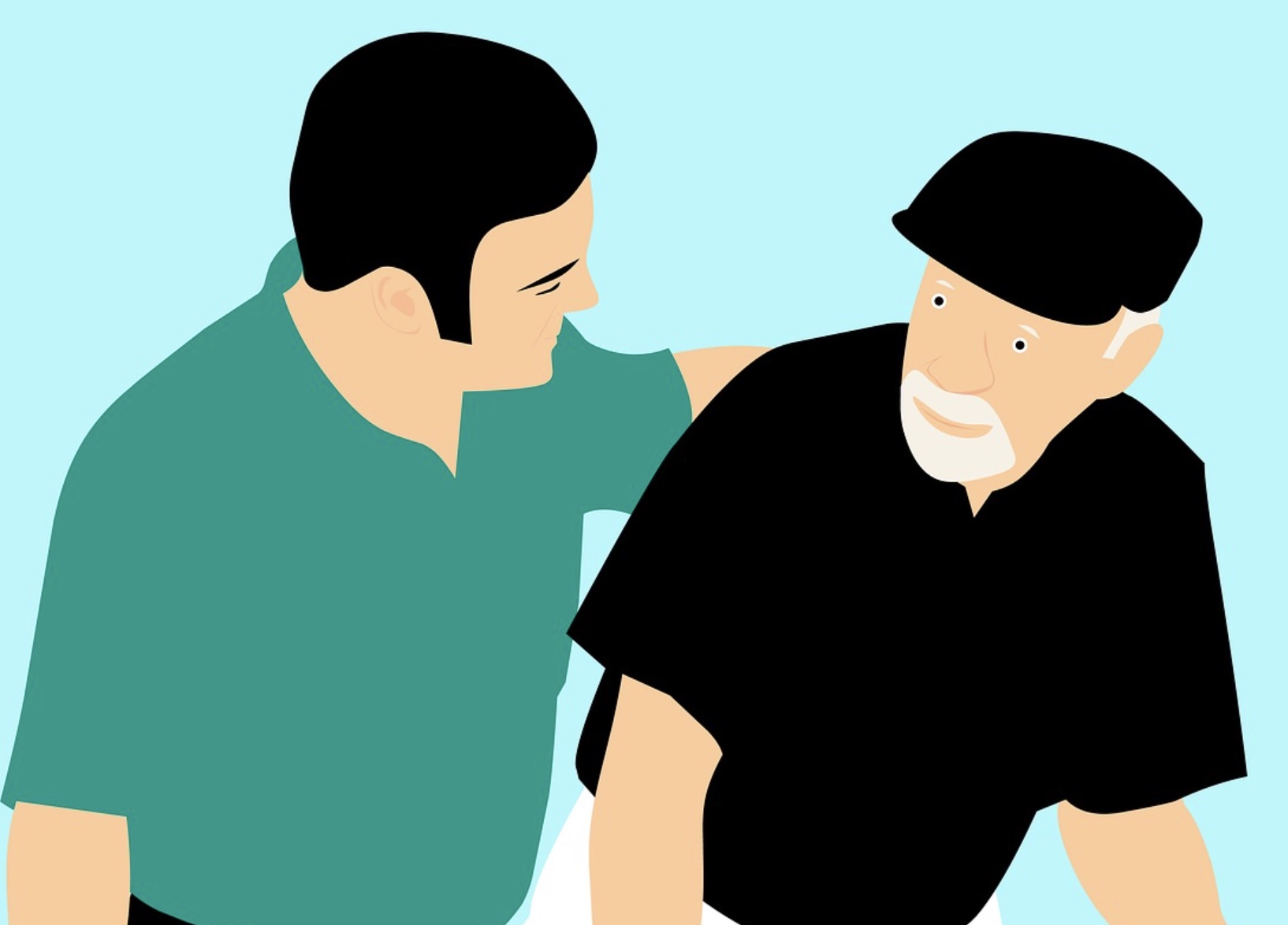To some degree, it’s natural for our memory to decline with age. You may be seeing this play out firsthand if you have older parents.
It’s very important for the elderly to get the professional memory care they need. There’s no substitute for expert assistance. For instance, if you have a parent whose memory is no longer as strong as it once was, you may want to move them to a facility equipped to provide the attention they require.
That said, when you visit them, there are steps you can take to help them stay sharp. Some of these steps even involve using makeup and beauty care techniques! To support the memory and cognition of an aging parent, you can:
Do their makeup
The idea that helping an older parent apply makeup can boost their memory may seem strange, but there is research to back up this notion. One study has shown that students who do their makeup before taking a test will perform better than those who do not.
Why? Caring for your beauty improves your self-esteem. It’s already known that high self-esteem is linked with improved memory and cognition. With that in mind, the next time you visit an aging parent, you may want to offer them makeup and beauty care tips. Helping them feel better about their appearance will potentially help them stay mentally healthy! If you don’t know much about beauty care, blogs like this one can help you better understand what you can do to assist a parent in this way.
Play music they like
Don’t overlook the importance of music when seeking ways to boost an older parent’s memory. After all, there’s a reason memory care professionals often use music in their work. Just as research indicates doing your makeup can support your mental abilities, research also shows that listening to music you enjoy can have the same effect.
Encourage their creative side
Did your parent ever enjoy drawing, painting, or similar artistic pursuits? If so, make an attempt to ensure they don’t let those hobbies fall by the wayside as they get older. Once again, researchers have found that creating art can have a profoundly positive impact on an elderly person’s memory. It can also help them maintain dexterity and other basic physical skills that often decline with age.
Talk
This may sound simple, but it’s worth including on this list simply because many people don’t realize how important this advice is. Sometimes, when a parent’s memory begins to fade, they become depressed. Reluctance to engage in conversation can be a side effect of this.
It doesn’t have to be. If you strive to keep a parent talking, you’re doing them a major favor in regard to their memory. According to one study, just 10 minutes of conversation can improve cognitive skills so significantly that a person will perform better on a test than they would have if they had not been conversing with someone before taking it.
Just make sure you’re talking about the right topics. Ideally, you should try to talk about pleasant topics, or topics that are mentally-stimulating. A conversation focusing on depressing topics could end up having a negative effect.
Again, none of this is meant to suggest that you shouldn’t coordinate with professionals if a parent’s memory is fading. That’s still critical. You should simply be aware that there are also plenty of steps you can take to keep their memory as strong as possible for years to come.

